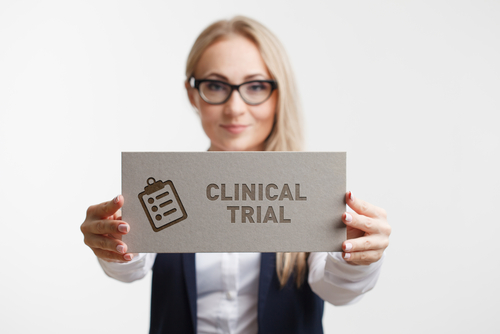New Phase 1/2 Trial to Test Investigational AMG 592 Therapy in Lupus Patients

Amgen is launching a Phase 1/2 clinical trial to evaluate its investigational AMG 592 therapy in treating active systemic lupus erythematosus (SLE).
The randomized trial (NCT03451422) will test the therapy’s safety and effectiveness in patients with active lupus. Enrollment has not yet begun but is estimated at 132 participants.
Therapy involving low doses of the protein interleukin-2 (IL-2) is a promising approach for patients with autoimmune disorders because it has the ability to stimulate and increase the number of regulatory T-cells, cells in the immune system that dampen the activity of other immune cells. However, the therapy may cause toxicity because it also expands effector T-cells.
An IL-2 molecule with higher selectivity for regulatory T-cells could minimize these harmful side effects.
With this in mind, Amgen developed AMG 592, which has a mutated form of IL-2. The molecule’s structure is designed to last longer in circulation than other IL-2 molecules, and to preferentially expand and activate regulatory T-cells.
The new trial to test AMG 592 is two-fold. In Phase 1b, three ascending doses will be tested and compared to placebo. The therapy will be given to 21 patients subcutaneously once or twice a week for 12 weeks. Patients will be followed for an additional six weeks to determine the treatment’s safety.
After determining an ideal dose, Phase 2a of the trial will begin, which will include 111 patients with moderate to severe SLE or cutaneous lupus who failed to respond to standard therapy. Patients will be randomized to receive AMG 592 or placebo for 52 weeks. AMG 592’s ability to reduce disease activity will be assessed at weeks 24 and 52.
Preclinical studies showed that AMG 592 was better at promoting the expansion and activity of regulatory T-cells and led to lower levels of pro-inflammatory signaling molecules, compared with Proleukin (aldesleukin) — an injectable IL-2 recombinant molecule.
Later, a first-in-human clinical trial confirmed the findings in 64 healthy volunteers. Participants who received AMG 592 had regulatory T-cell proliferation, which was sustained up to day 29, with minimal or no effect on other immune cell populations. Also, there was no increase in pro-inflammatory molecules, such as IL-6, TNFα, or IFN‑γ, above the limits of detection.
The treatment was safe and well-tolerated, with no serious adverse events.
“The lack of pro-inflammatory cytokines and reduced markers of inflammation by AMG 592 compared with aldesleukin suggests a wider therapeutic margin [to restore immune homeostasis by Tregs in inflammatory and autoimmune diseases],” the researchers wrote.





